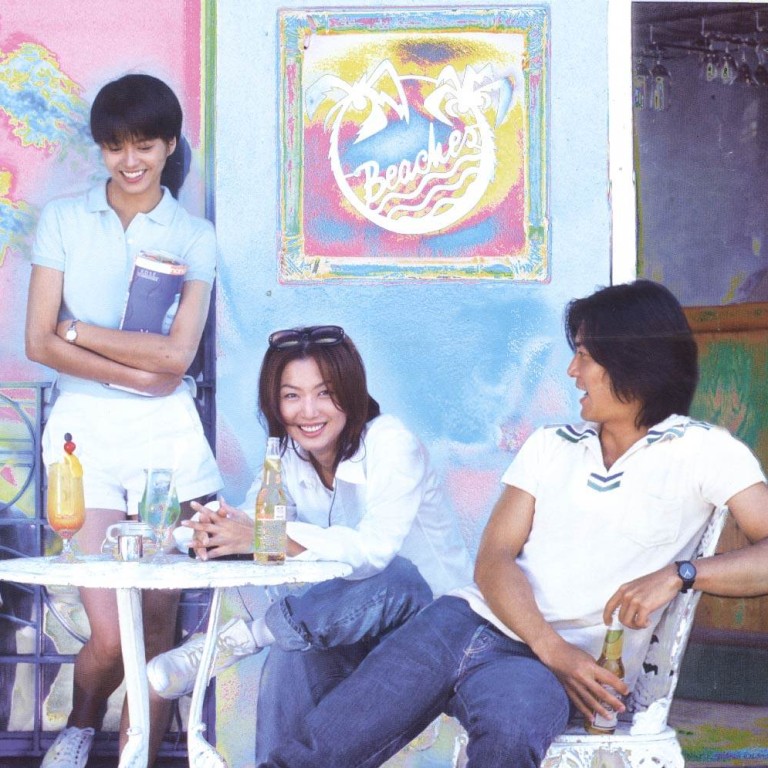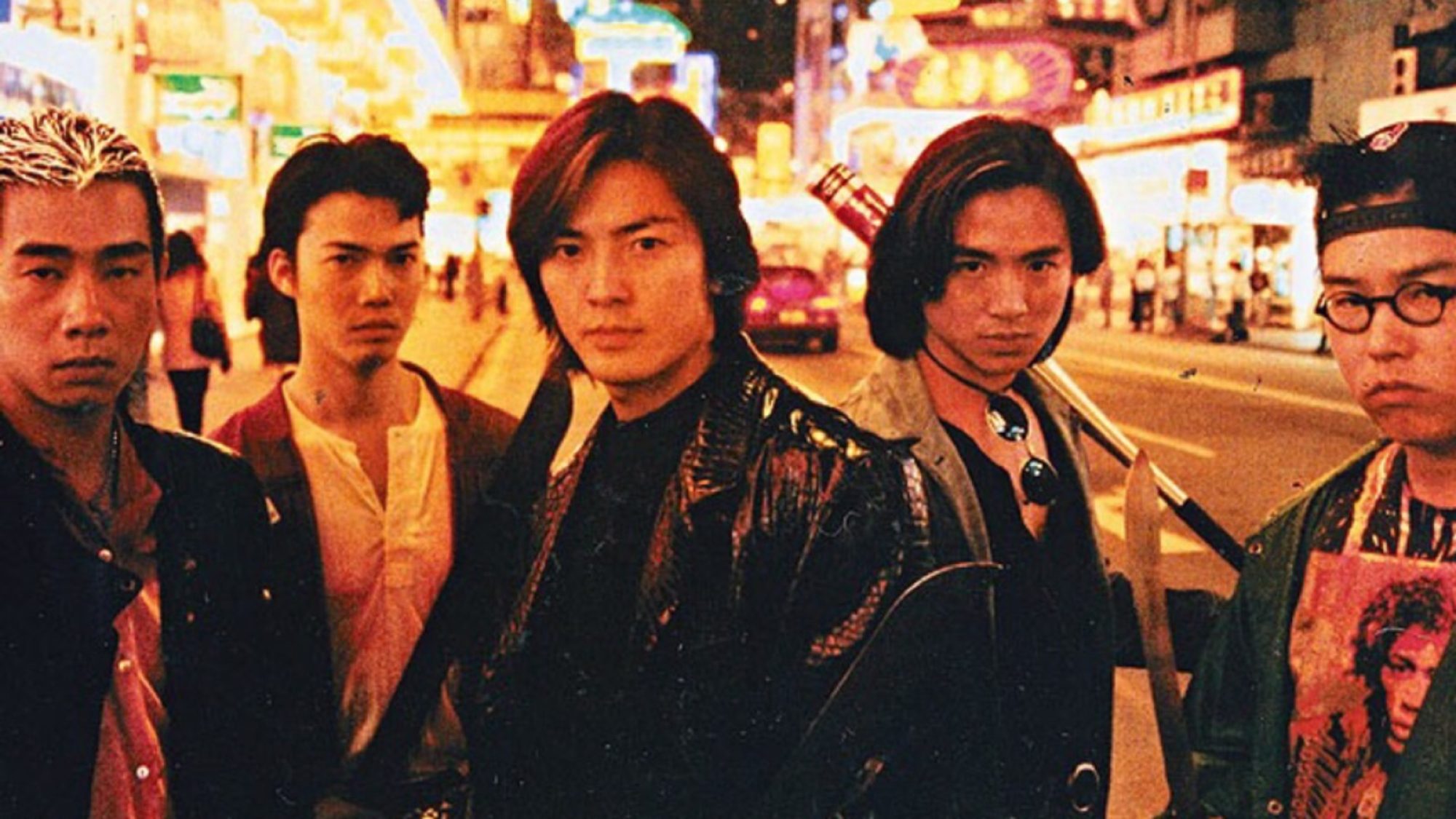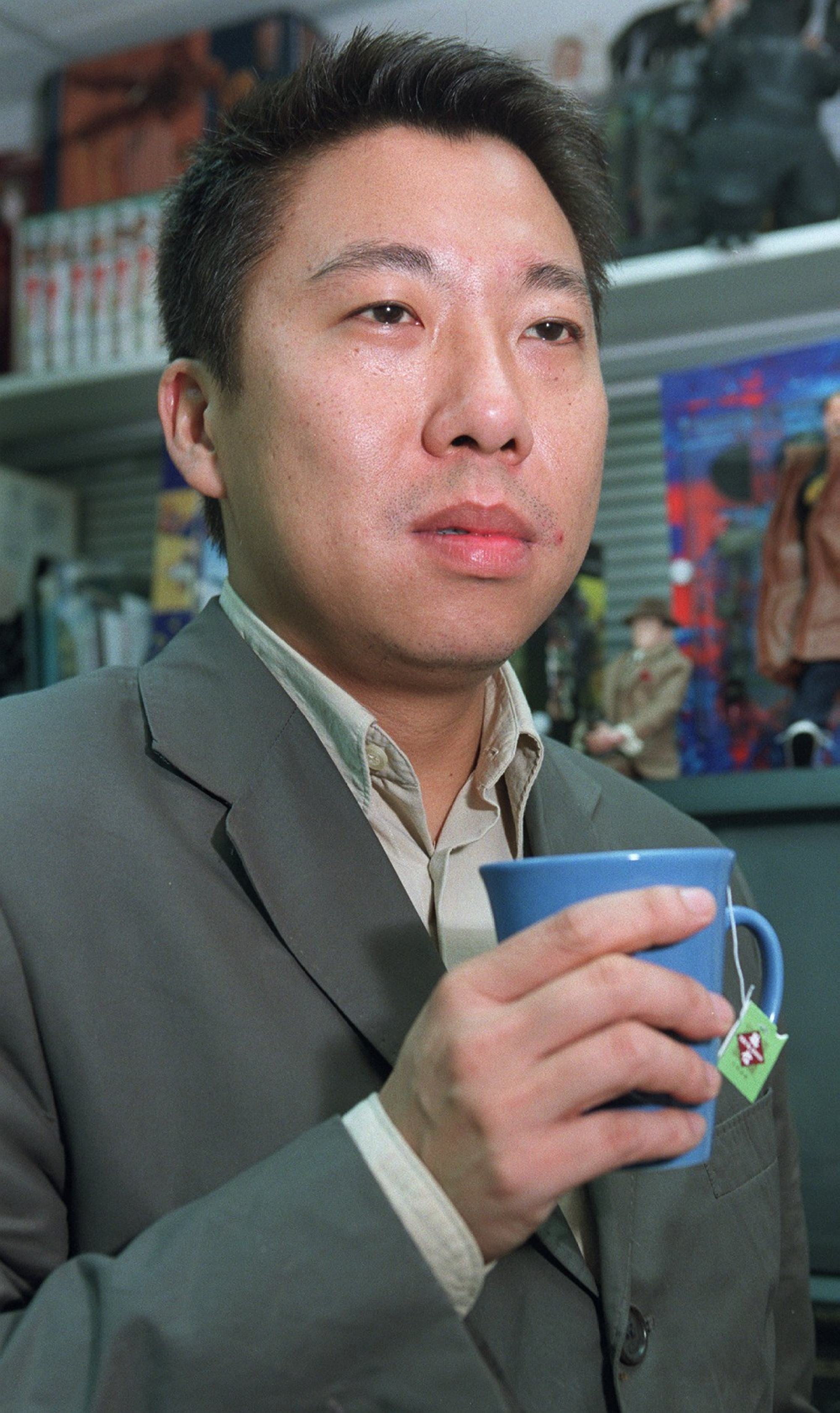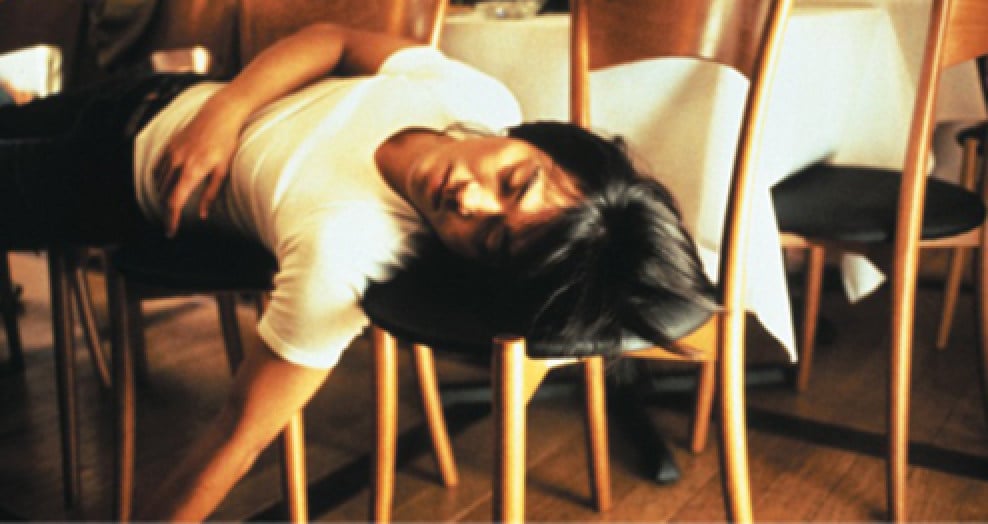
How Woody Allen fan Joe Ma channelled John Hughes and Peter Chan for Feel 100%, 1990s Hong Kong youth romance starring Ekin Cheng, Gigi Leung and Sammi Cheng
- Scriptwriter Joe Ma directed Feel 100% when he was in his thirties, and said he was heavily inspired by John Hughes’ teen coming-of-age films from the 1980s
- Feel 100% boosted the film careers of Cantopop stars Ekin Cheng and Sammi Cheng, in her debut role, and was one of the most popular Hong Kong movies of the 90s
Joe Ma Wai-ho began his career as a scriptwriter but made his name in 1996 as the director of Feel 100%, an above-par youth film that successfully tapped into the mood of the times in Hong Kong. It was a big hit and went on to become one of the most popular youth dramas of the 1990s.
Unlike most Hong Kong youth dramas back then, it eschewed crudity for cleverness, mimicking the tone of American television dramas and teen films, and Woody Allen films. What is more, Ma managed to be frank and funny about sex while keeping everything tasteful.
Although its characters were relatively one-dimensional, Ma’s lively film covered relationship issues in a way that its target audience could relate to.
“It may be a comic book adaptation, but what distinguishes Feel 100% is that it is all done with gusto,” wrote Post critic Paul Fonoroff. “Even though the protagonists may be emotional stick figures, they emerge with more than a modicum of depth and humanity.”
Wilson Yip before Ip Man: 5 of the Hong Kong director’s offbeat early films
He tries to reveal his true feelings, but Cherie rejects him, as she thinks that he is being insincere and is suspicious of his motives. After much to-and-froing, it all works out.

The presence of the Cantopop stars certainly helped, film historian Frank Djeng tells the Post. “Ma was only in his early thirties when he made Feel 100% so he was still in tune with Hong Kong’s teen pop scene and knew who the Cantopop stars who were in vogue were.”
“People took notice as the film made over HK$20 million at the Hong Kong box office, and was followed by several Feel 100% sequels, as well as other romcoms, which all did well commercially,” he adds.
Ma has said that he originally took the job of directing Feel 100% to see if he could make a hit youth film – it was a kind of “exercise”, he noted.

“Producer Manfred Wong thought that a remake of the comic book was marketable. So he collected the stars and asked me to direct it,” Ma told film historian Miles Wood. “I saw the comic book, but I didn’t take anything from it – just the names of the main characters.”
Ma was a big fan of American television series, and he loved films by John Hughes, the writer and sometimes director who revolutionised American youth films in the 1980s with films like Sixteen Candles, The Breakfast Club and Pretty in Pink.
Hughes treated his young characters as fully rounded people with hopes, dreams and desires, and gave them an intelligence far above the usual teenage stereotypes that populated films at the time.

Ma tried to bring all of these sensibilities to Feel 100%. “I stole the spirit of John Hughes’ Some Kind of Wonderful [screenplay] for Feel 100%, but nobody realised,” Ma told Wood, referring to the 1987 teen drama penned by Hughes. “I loved that movie so much when I grew up so I tried to remake it.”
Ma’s knowledge of international films played a big part in the success of Feel 100%.
“Ma has said that he was a huge Woody Allen fan during his college days,” says Djeng, “and he had always wanted to make films depicting the love lives of young metropolitan couples, and inject them with smart, intelligent and lighthearted humour.
Like Peter Chan, Ma also paid attention to the technical and aesthetic qualities of foreign films, and this gave his films a modern sheen.
Why Peter Chan’s early films felt like a breath of fresh air in Hong Kong
“Ma also loves Japanese and European films for their narrative and visual styles, and so you can often find the aesthetics of low-budget, indie Japanese and European films in his works,” Djeng says.
“This further distinguishes films like Feel 100% from the typical Hong Kong comedies that have a ‘stand and shoot’ style of cinematography and use jokes that are often derived from Cantonese wordplay and farcical situations.”
Ma quickly followed the success of Feel 100% with a sequel, Feel 100% Once More, in which the leading cast members returned to reprise their roles. The sequel, Ma said, was modelled on another American teen story, 1985’s St Elmo’s Fire, an ensemble coming-of-age film written and directed by Joel Schumacher.

“The sequel is more mature than the first one. Older audiences liked it more, but the under-20s didn’t – they want fantasy. Feel 100% is fantasy, but the sequel is more realistic. Critics also preferred the second one,” Ma said.
“Another example of a series going down the tubes,” said the Post review. “The buoyant look at young adults facing life and love in the big city had a nice feel when director Joe Ma first took on the project in 1996.
“But Jerry (Eason Chan, in the role originated by Ekin Cheng) and Hui Lok (Daniel Chan substituting for Eric Kot) are now so unattractively ‘cute’ that they and the film can be summed up in one word: obnoxious. The audience deserves better.”
Although he continued to direct Ma generally went on to focus on working as a producer.
“My work as director and producer is quite different,” he told Tim Youngs. “When I’m directing, I look deep into my heart. But when I’m producing, I try to find directors who have their own style.”
In this regular feature series on the best of Hong Kong cinema, we examine the legacy of classic films, re-evaluate the careers of its greatest stars, and revisit some of the lesser-known aspects of the beloved industry.
